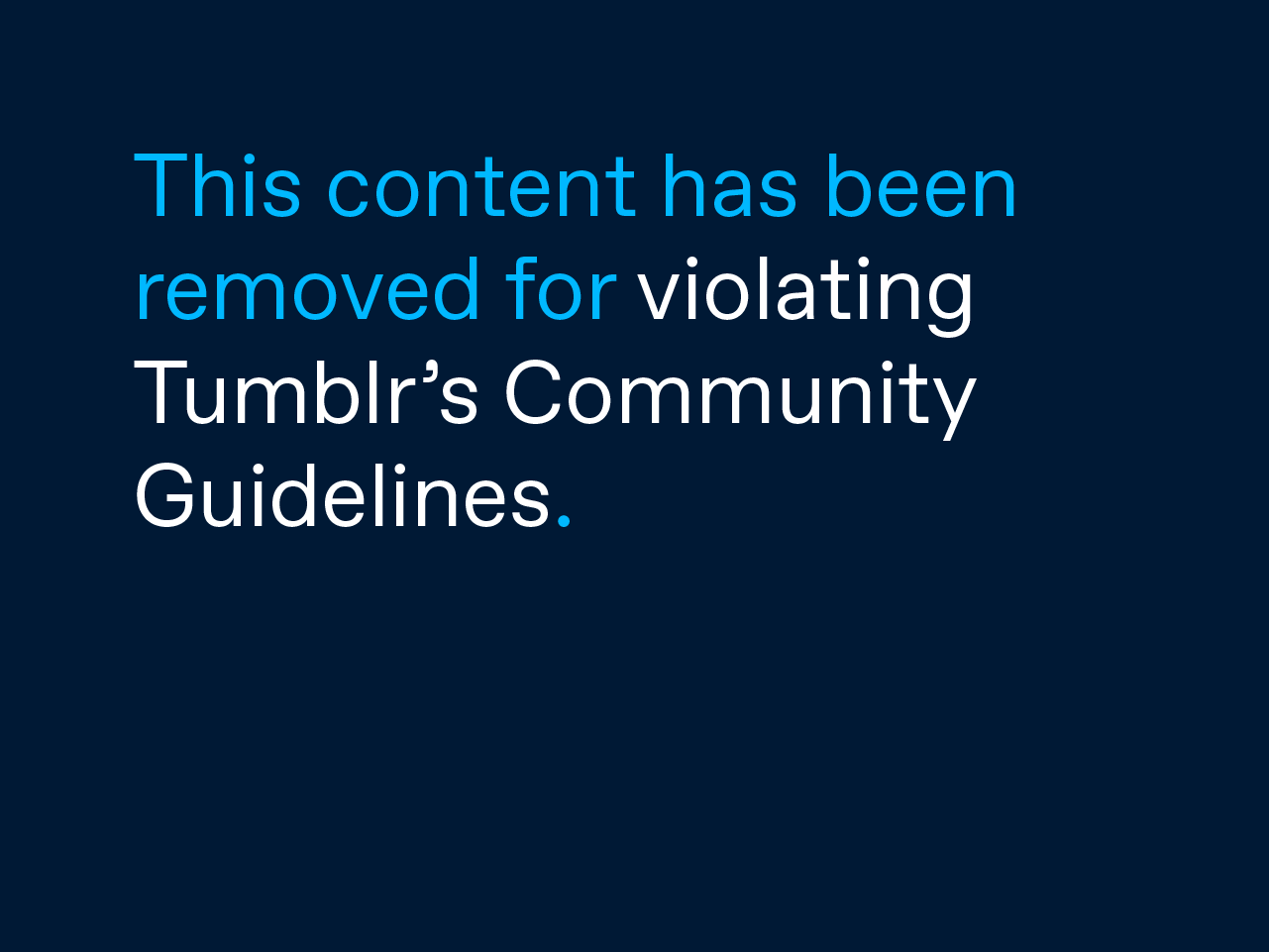1. Compounds in sentence diagramming. Remember compounds will either work as one part of the sentence OR will be a compound sentence with two independent clauses linked together with a conjunction!
Practice by diagramming and labeling. Also label what type of compound it is!
1. Jeni is my best friend, but she lives in snowy Iowa.
2. Slick and Scout are my fabulous kitties and my first babies.
3. I have the best students, and they are the best people of all time.
4. I tried, yet I failed tremendously.
5. Mom and Dad begged and pleaded with the mischievous cat on the Christmas tree.
6. Tomatoes and mozzarella mesh and mingle with a delightful taste, yet few have experienced.
7. With a happy smile, I greeted my cat.
* Hint: Look for the conjunctions (and, but, yet, or)... look to see if they are linking two parts of the sentence OR followed by another main clause.
* Hint: Look for prepositional phrases (prep. with its object).
2. Solidify your thesis for your oral commentary. You will be submitting these tomorrow. Continue to complete your outline.





